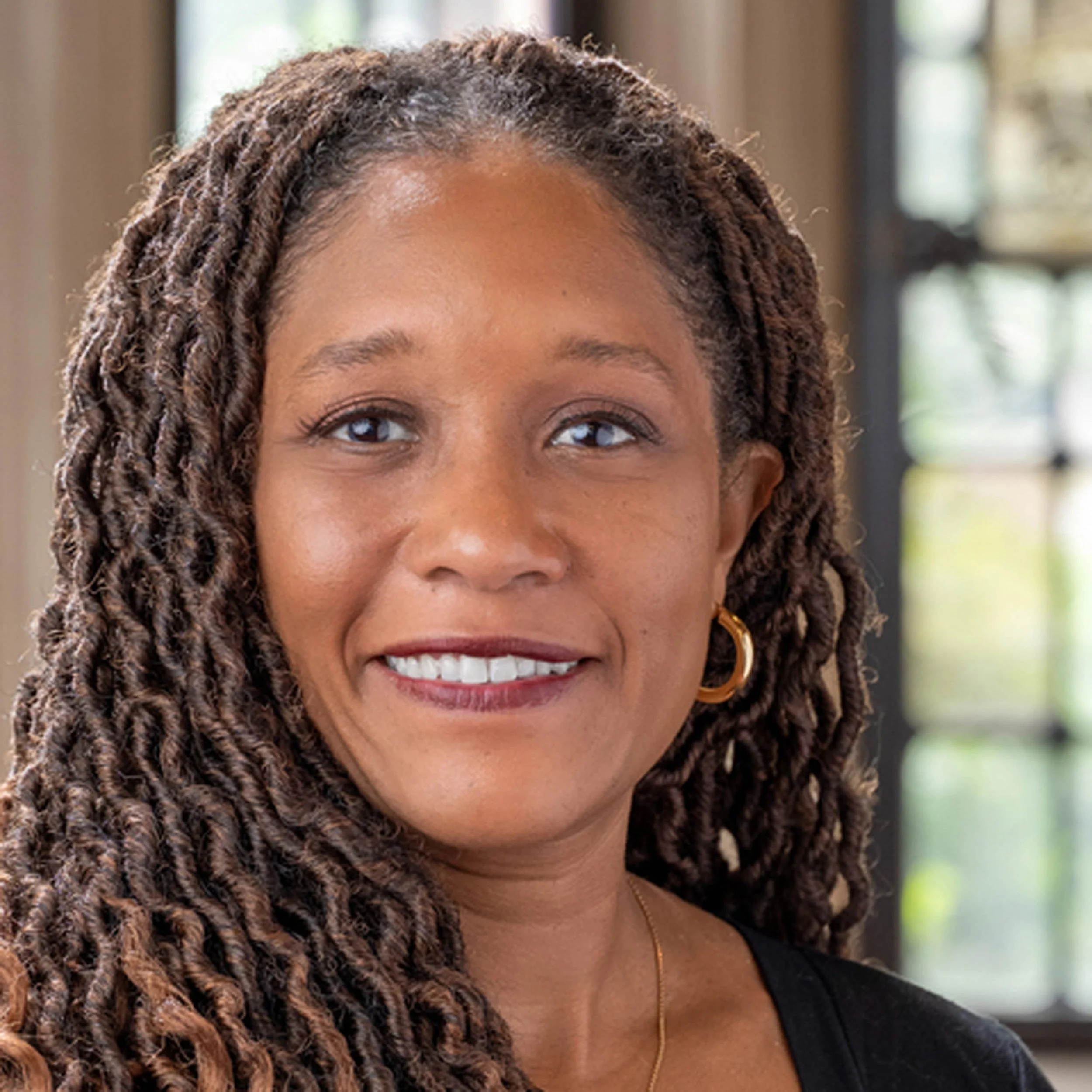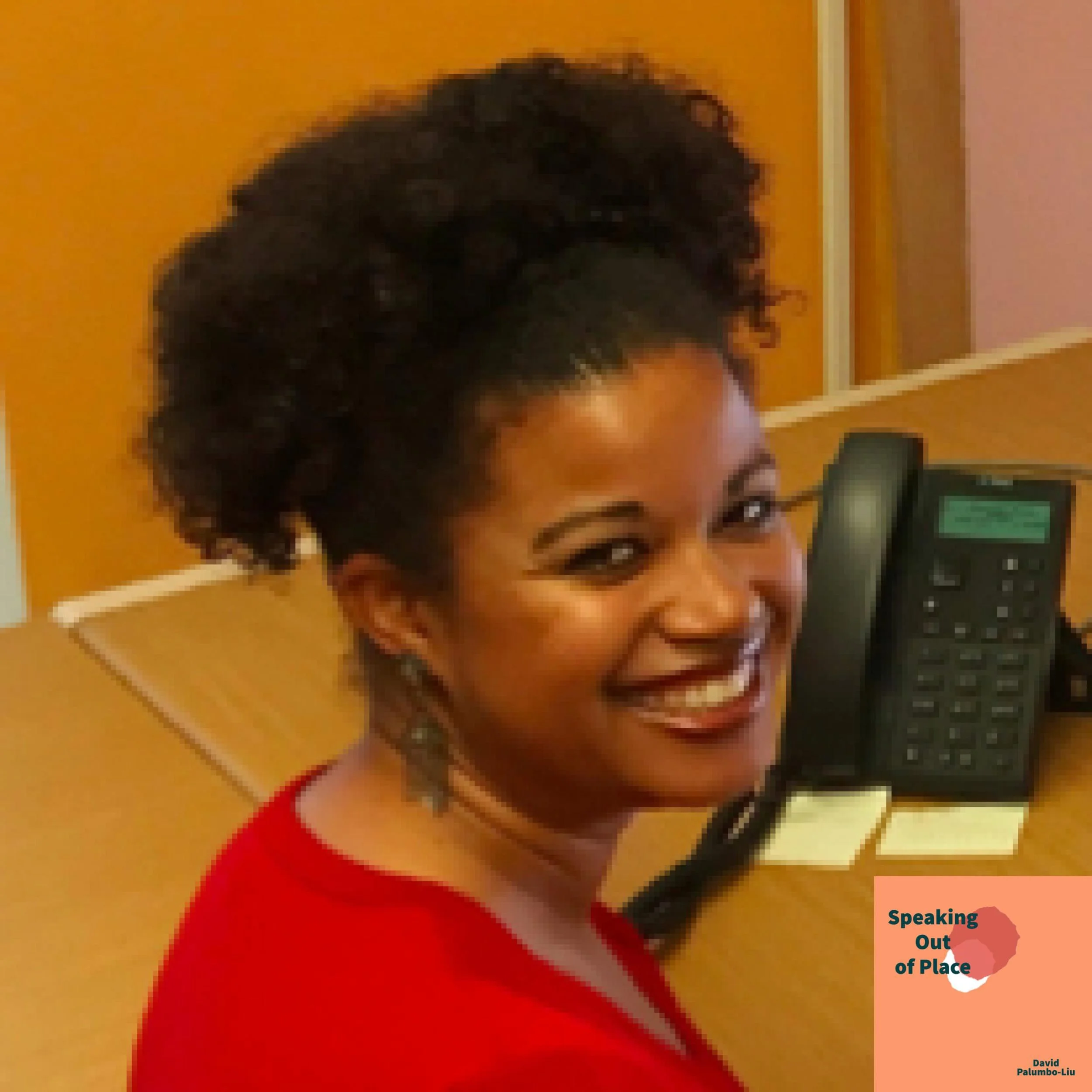TAO LEIGH GOFFE on Poetics, Poesis & Un-making the Climate Crisis
/with TAO LEIGH GOFFE · Author of Dark Laboratory: On Columbus, the Caribbean, and the Origins of the Climate Crisis
We manage to create a poetics out of that which wishes to destroy us and the planet. How else will we be able to live in ‘the after’? We must reassess what a problem is. Living is not a problem, as Audrey Lorde reminds us. I would add that dying is not a problem either. Decomposing is essential to the natural order and cycle of life. Living at the expense of others is a problem.










